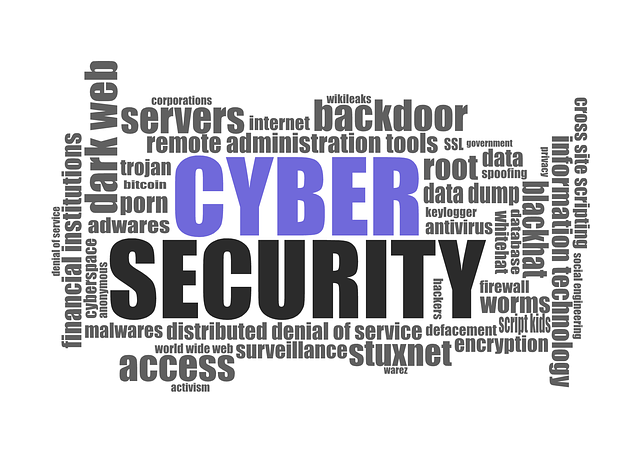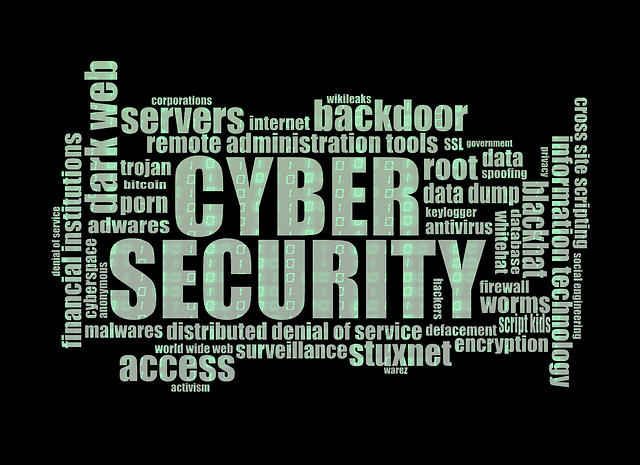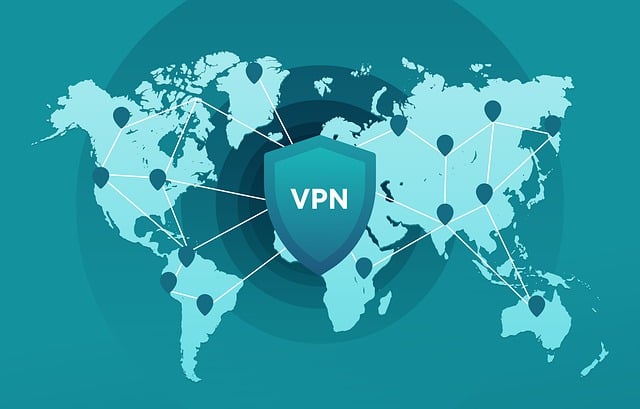Accounting firms face unique cybersecurity challenges with sensitive financial data, requiring robust strategies. These include advanced malware protection like firewalls and threat detection, strong password security, cloud-based encryption, and regular security training to combat evolving threats like phishing and social engineering. Continuous monitoring and comprehensive incident response plans are crucial for proactive threat detection and minimal downtime during attacks, emphasizing the need for accounting malware protection through integrated firm security protocols.
In today’s digital landscape, accounting firms face unique security challenges. This article explores comprehensive IT security strategies tailored to safeguard accounting firms’ valuable digital assets from evolving threats. From evaluating specific risks, implementing robust access controls, and advanced malware protection measures, to secure data storage, regular staff training, and continuous monitoring—each critical component is examined for effective accounting malware protection.
- Evaluating Risks Specific to Accounting Firms
- Implementing Robust Access Controls
- Advanced Malware Protection Measures
- Secure Data Storage and Encryption Techniques
- Regular Security Awareness Training for Staff
- Continuous Monitoring and Incident Response Plans
Evaluating Risks Specific to Accounting Firms

Accounting firms face unique cybersecurity challenges due to their handling of sensitive financial data. Evaluating risks specific to this industry involves understanding the potential threats that malfeasants target, such as accounting malware designed to steal or manipulate financial records. These attacks can be particularly damaging, as they not only compromise confidential information but also disrupt the smooth operation of businesses.
To mitigate these risks effectively, firms should consider implementing robust security measures, including state-of-the-art cloud security tailored for CPAs, advanced phishing defense mechanisms, and comprehensive email protection solutions. By adopting these strategies and tools, accounting professionals can safeguard their digital assets, ensuring data integrity, privacy, and business continuity in today’s increasingly digital landscape.
Implementing Robust Access Controls

Implementing robust access controls is a cornerstone of any comprehensive IT security strategy for accounting firms. With sensitive financial data at risk from both external threats and insider risks, strict access protocols are essential to prevent unauthorized access and potential malware protection failures. Cloud security for CPAs plays a pivotal role here, ensuring that only authorized personnel can view or modify critical information stored in the cloud.
Identity protection accounting measures, such as multi-factor authentication (MFA) and regular password updates, add an extra layer of defense. These methods not only safeguard against data breaches but also help in maintaining the integrity of financial records. Well-defined data security plans tailored for CPAs are crucial to aligning IT security with regulatory requirements, further minimizing the risk of exposure to accounting malware.
Advanced Malware Protection Measures

Accounting firms, with their vast stores of sensitive financial data, are prime targets for cybercriminals. To combat this, advanced malware protection measures are essential. Implementing robust firewalls tailored for CPAs and leveraging advanced threat detection technologies can significantly mitigate risks. These tools scan for suspicious activity and identify emerging threats in real-time, preventing malicious software from infiltrating systems.
Beyond these foundational measures, strong password security practices are crucial in accounting. Utilizing multi-factor authentication and enforcing complex password policies can add an extra layer of protection. By combining these advanced malware protection techniques with robust password security, accounting firms can safeguard their digital assets and maintain the integrity of sensitive client information.
Secure Data Storage and Encryption Techniques

Accounting firms hold vast amounts of sensitive financial data, making robust data storage and encryption techniques paramount in the battle against accounting malware protection. To safeguard digital assets, firms should invest in cloud-based storage solutions that offer advanced security features such as end-to-end encryption and access controls. This ensures that even if there’s a breach, unauthorized access to client information is minimized.
Implementing compliance-level security measures like multi-factor authentication (MFA) and role-based access control (RBAC) enhances the defense against phishing attacks targeting CPAs. Advanced threat detection software capable of identifying subtle anomalies in network behavior can provide early warning signs of potential data breaches, enabling proactive response to emerging threats.
Regular Security Awareness Training for Staff

Regular Security Awareness Training is an essential component of any robust IT security strategy for accounting firms. With the ever-evolving landscape of cyber threats, including sophisticated malware designed to target financial data, staff members must be equipped with the knowledge and skills to identify and mitigate potential risks. These training sessions should cover a range of topics, from recognizing phishing attempts and social engineering attacks to understanding the importance of strong password security and proper data handling practices. By investing in regular awareness programs, accounting firms can foster a culture of cybersecurity vigilance among their employees, significantly enhancing their defenses against malicious activities aimed at protecting sensitive financial information and ensuring compliance with relevant regulations.
Moreover, Security Awareness Training should be tailored to address specific challenges faced by CPAs and accounting professionals. This includes educating staff on the implications of poor password security, as weak passwords are a common entry point for hackers. Regular training can also emphasize the critical importance of firm security protocols, including policies for data backup, access control, and incident response. By integrating these lessons into daily operations, accounting firms can streamline their data security plans and ensure that every employee contributes to maintaining a secure digital environment.
Continuous Monitoring and Incident Response Plans

Accounting firms, with their wealth of sensitive financial data, are attractive targets for cybercriminals. That’s why implementing robust continuous monitoring and incident response plans is essential in modern IT security strategies. Continuous monitoring allows for proactive detection of potential threats like accounting malware, enabling immediate isolation and mitigation. By analyzing network traffic, user activities, and system behaviors in real-time, security teams can quickly identify anomalies indicative of a breach.
Effective incident response plans ensure that if a breach does occur, the firm’s digital assets are protected with minimal downtime or data loss. This includes pre-defined steps for containment, eradication, recovery, and post-incident analysis. Email protection for CPAs and robust password security practices are integral components of these protocols, safeguarding against phishing attacks and unauthorized access attempts. Well-established firm security protocols empower accounting professionals to maintain the highest levels of data integrity and confidentiality.
